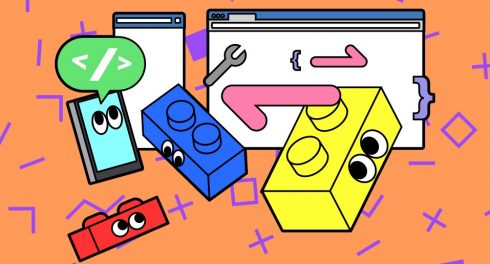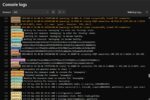
Project management software company Glitch announced that it is expanding Glitch to Visual Studio Code enabling developers to develop Glitch apps entirely using Visual Studio Code. Glitch has already been integrated into GitHub and Google Firebase.
The VS extension of Glitch supports key features such as rewind to look back through code history, running commands directly on the Glitch container, view output in logs just as in Glitch and the debugger to inspect full-stack code. Any changes are automatically deployed to the web just like it happens in Glitch.
“With the release of the Glitch extension for VS Code, we’re taking our philosophy of no lock-in to the next level. And together, we’re helping to make building on the web more accessible than ever,” the company wrote in a blog post.
Microsoft Azure SQL updates
Microsoft announced that it will soon release new innovations for SQL Server 2019 and Azure SQL Database.
The innovations include a preview of Azure SQL, a simplified portal experience for SQL databases in Azure that will allow users to manage Azure SQL databases and SQL Server on Azure Virtual Machines, and a preview of SQL Server 2019 data clusters that it says will be available later this month.
Also, the company is ending support for SQL 2008 and 2008 R2 as of today. Microsoft encourages users of this legacy software to “modernize these older workloads by moving them to Azure.”
More information is available here.
Google launches educational coding resources for teachers
Google launched the Code with Google program that enables teachers to build their students’ coding skills using Google’s free curriculum and programs.
The company says teachers can integrate CS First, a computer science (CS) curriculum, have students use the free code learning app Grasshopper and share CS scholarship opportunities with students.
“We believe that training, resources, and community for teachers are key to improving equity in CS education and expanding access for all students,” Google wrote in a blog post. “Code with Google is the next step in our ongoing commitment to closing equity gaps in computer science education. With the right tools and resources, more teachers can help their students unlock their potential with code.”






